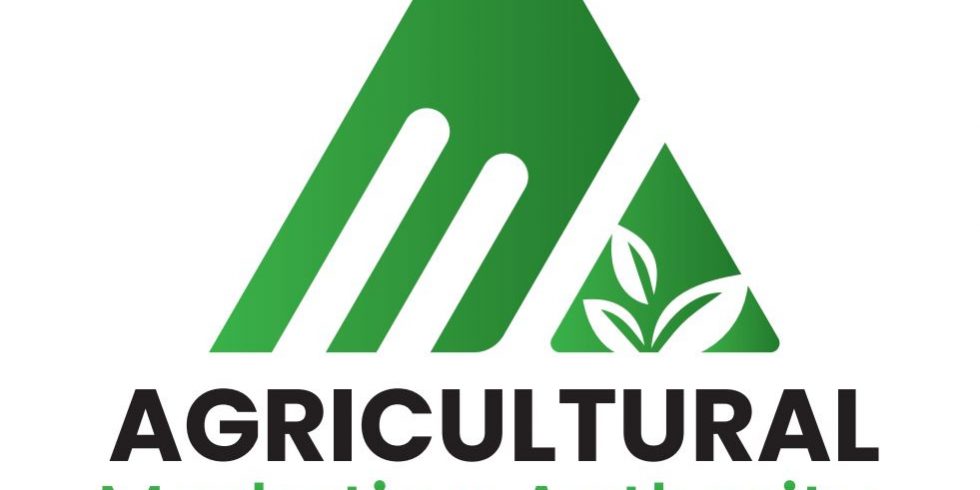By Cliff Chiduku
GOVERNMENT targets to transform the agricultural sector to a US$8,2 billion economy by 2025. By then, the sector should contribute at least 20% to the gross domestic product (GDP) from the current 17%.
Agriculture is a key pillar and enabler for economic development in the country and is the main source of livelihood for around 70% of the nation’s population. The private sector contribution to agricultural transformation is key and must be applauded.
The government’s dream to achieve an upper middle-class economy by 2030 is anchored, among other sectors, on agricultural transformation hence the sector agriculture is set to play an important role. This entails that the country should be food and nutrition secure.
The agricultural sector contribution to Vision 2023 is anchored on various sectoral and sub-sectoral plans such as the Agriculture Recovery Plan, Livestock Recovery and Growth Plan, Horticulture Recovery and Growth Plan, Accelerated Irrigation Rehabilitation Development Plan, among others. These development blueprints are aimed at engendering a sustainable and inclusive agricultural transformation to achieve food and nutrition security, import substitution, value addition, employment creation, diversified exports and improved household incomes and living standards.
And, the dream is fast becoming a reality, thanks to various interventions the government is undertaking to uplift the sector. Owing to limited resources and competing commitments, the Second Republic deliberately adopted a multi-sectoral approach to transform the agriculture sector. Of note is the opening up of the agriculture sector to the private sector through public-private partnership (PPPs). Indeed, Zimbabwe is open for business.
By nature, PPPs are long-term arrangements between government or its agent and private sector organisations. Typically, it involves private capital financing government projects and services up-front, and then drawing revenues from taxpayers and/or users over the course of the contract.
PPPs have been widely used for infrastructure development but have now become an increasingly popular method for delivering public goods and services.
The food and agricultural sectors are facing the challenge of providing enough food, feed, and raw materials to meet growing population and changing demand. This calls for innovation to develop and diffuse innovations to enhance productivity and sustainability along the supply chain, while helping the sector cope with climate change issues. Cooperation between various public and private actors is key in improving the efficiency with which public funds are used. Private players have chipped in with technical expertise and financing through contract farming arrangements.
According to a 2020 policy pronouncement, all private sector off-takers are required to secure at least 40% of their annual raw material requirements from the domestic market by supporting local farmers through contract farming.
One of the key roles of the Agricultural Marketing Authority is to promote contract farming arrangements. This is done through the provision of an enabling regulatory environment that seeks to balance the interests of private sector investment and the farmers on the other hand. For this 2022/23 season, maize recorded the highest number of registered contractors boasting of 78% share followed by soya bean. The current drive is to promote value chains such as sunflower, sesame and sugar beans.
AMA chief executive officer, Mr Clever Isaya said the private sector players are key to agricultural transformation.
“The private sector is a key player in the agriculture value chain. It provides appropriate skills, technology, and financing to farmers through contract arrangements,” he said.
He added that contract farming also reduces transaction costs of accessing markets, borrowing and inputs. With the country facing liquidity challenges, taking the contract farming route is a viable option for serious farmers who might be unable to fund their operations using their savings.
https://www.sundaymail.co.zw/private-sector-key-in-agricultural-transformation
The bumper harvest expected this year is testimony to various interventions and investments made by the government and its private partners into the agriculture sector.
Last year, the country registered a record-breaking wheat harvest of 380 000 metric tonnes, 20 000 tonnes above what is consumed domestically. This bumper harvest is attributed to collective effort by farmers, financial institutions, the private sector, and the government, which has put forward policies and strategies to attain flour and wheat self-sufficiency in response to global crises. Like other African countries, Zimbabwe has for decades relied on imports to offset low local production.
Word from the market is a column produced by the Agricultural Marketing Authority (AMA) to promote market-driven production. Feedback cchiduku@ama.co.zw or WhatsApp/Call +263781706212.
r





